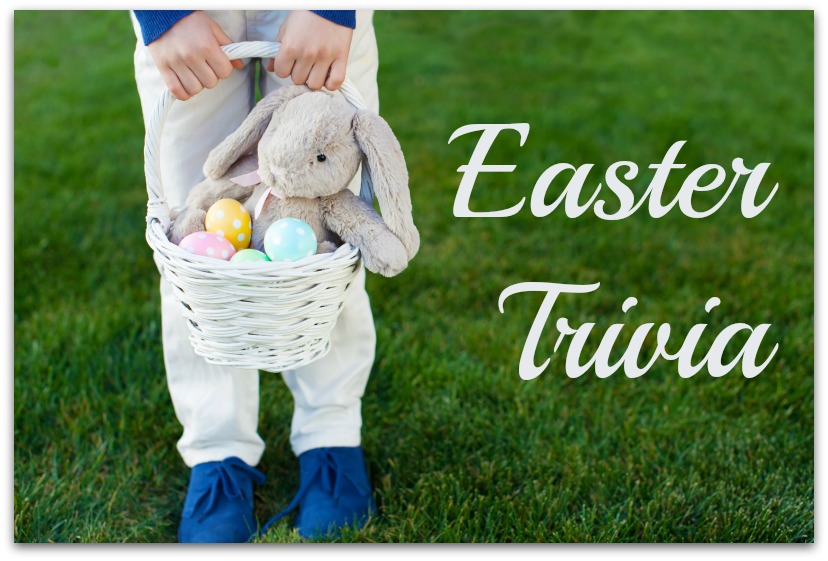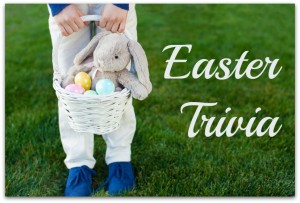Ever wonder why a sacred Christian holiday is celebrated with candy, baskets, and a bunny?
Before Christianity, early Germans held an annual celebration in honor of Eostre, goddess of spring and fertility. As Christianity spread across Europe in the first and second centuries, the Church often modified or adopted pagan holidays. Because Eostre was the goddess of spring and her festival celebrated renewal and rebirth, the Church’s belief in Christ’s resurrection made for a good match.
The Easter Bunny
Rabbits breed notoriously quickly. Eostre’s association with fertility led to her frequent depiction with a rabbit’s head. But the concept of an Easter Bunny originated with the Germans, who settled in Pennsylvania when they emigrated to the United States in the 1700s. Their “Pennsylvania Dutch” children believed that if they were well-behaved, the Oschter Haws (literally, “Easter rabbit”) would leave a nest of brightly colored eggs on Easter morning. The idea began to catch on nationwide after the Civil War.
Easter Eggs
In a folktale, Eostre turns her pet bird into a rabbit to entertain some children. The rabbit performs a trick: it lays colorful eggs. Eggs are also a common symbol of rebirth in many ancient cultures, including those of Egypt, Persia, China, Gaul, and Rome. The first concrete historical association of colored eggs with Easter is in the 1200s, when English servants were given painted eggs by their masters as Easter gifts.
Easter Sunday
In the early years of Christianity, Easter was an informal holiday, celebrated sometime in the spring. Early Christians were widely persecuted and could not worship openly, but conditions eased when Constantine became the first Roman emperor to convert to Christianity. In 325 A.D., he issued an edict: Easter was to be celebrated on the first Sunday after the first full moon after the vernal equinox (the first day of spring). According to that schedule, Easter will always fall on the same weekend as Passover, the time when Christ was condemned. Linking Passover, Easter, and the vernal equinox ensures that Easter will be on a Sunday between March 22 and April 25 every year.
Easter Baskets
This is also from the “Pennsylvania Dutch” Germans. Children would build a little “nest” and leave it overnight somewhere in the yard or home for the Oschter Haws to lay it’s colored eggs in. This eventually evolved into the brightly colored baskets of eggs and candy we have today.
For more on Easter—and literally hundreds of other topics, check out the book where this article originated, Uncle John’s Slightly Irregular Bathroom Reader.









